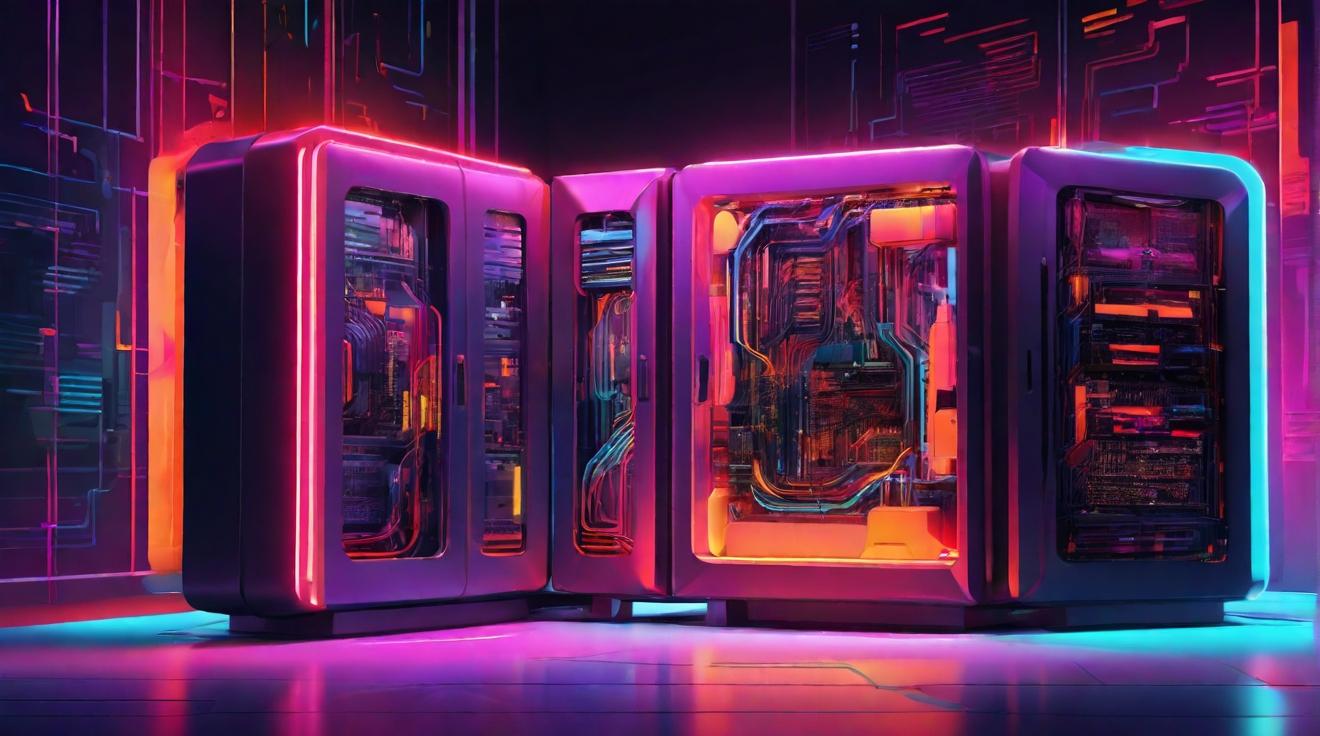Microsoft and OpenAI's Ambitious $100 Billion Stargate Project
In an unprecedented move that signals the burgeoning dominance of artificial intelligence (AI) in the tech sphere, Microsoft and OpenAI have embarked on a daring venture to construct a $100 billion supercomputer, aptly named Stargate. This massive investment underscores a significant shift in focus towards AI capabilities, highlighting both companies' commitment to spearheading the advancement of AI infrastructure.
A Leap Forward in AI Infrastructure
Stargate represents more than just a monumental financial commitment; it embodies the future of AI development, with a projected operational date set for 2028. Microsoft has publicly affirmed its dedication to enhancing AI infrastructure, aiming to support the growth and sophistication of leading AI models. This endeavor is critical in maintaining the competitive edge in a rapidly evolving digital landscape.
The Sustainability and Revenue Model Conundrum
However, Stargate's announcement does not come without its share of challenges and considerations. Foremost among these is the sustainability and revenue model of the AI industry, particularly in light of the prevailing trend to offer AI services for free, supplemented by premium upgrades. This approach raises pertinent questions about the viability of such a significant investment in the long term.
Concerns Over Operational Costs
Additionally, the scale of the Stargate project brings into focus concerns regarding the operational and maintenance costs associated with running a supercomputer of this caliber. The financial implications of managing such a high-end facility could have far-reaching effects on both Microsoft and OpenAI's fiscal strategies and overall market positioning.
In conclusion, the Stargate project is a bold step towards redefining the boundaries of AI capabilities. While it heralds a new era of technological advancement, it also prompts a reevaluation of the economic models that underpin the AI industry. As Microsoft and OpenAI navigate these uncharted waters, the tech world watches with bated breath, anticipating the transformative impact of Stargate on the future of AI.
Analyst comment
Positive news: Microsoft and OpenAI’s $100 billion Stargate project represents a leap forward in AI infrastructure, signaling a commitment to advancing AI capabilities and maintaining a competitive edge in the digital landscape.
Neutral news: The sustainability and revenue model of the AI industry, along with concerns over the operational costs, raise questions about the long-term viability and financial implications of the Stargate project.
As an analyst, the market is expected to react positively to the announcement of the Stargate project, as it demonstrates Microsoft and OpenAI’s dedication to AI development. However, the market may also have concerns regarding the sustainability and financial implications of the project, which could impact the companies’ market positioning and strategies in the future.













